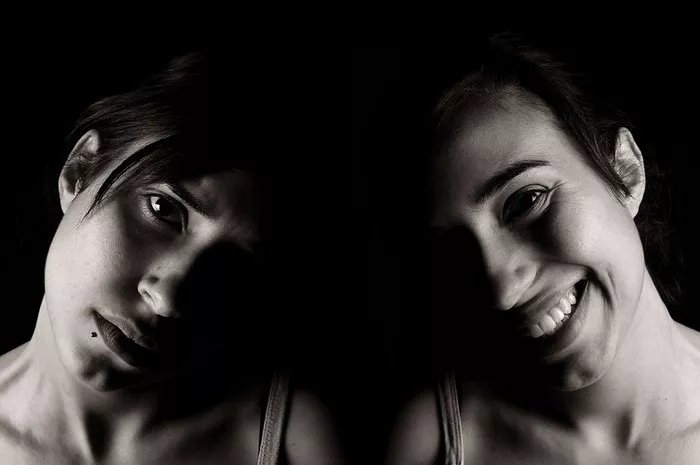A rising number of 911 calls involving individuals in mental health crises are being redirected to B-HEARD, an initiative that deploys teams of social workers and emergency medical technicians instead of police officers. Last fiscal year, the program addressed nearly 15,000 calls, a significant increase from about 7,000 the year before, although its planned geographic expansion has encountered delays, according to recent city data.
Mayor Eric Adams commended the pilot program’s advancements last week. However, mental health advocates and some members of the City Council expressed concerns during a hearing on Monday, arguing that the program remains underutilized and that too many New Yorkers with mental health issues continue to face potentially hazardous interactions with law enforcement.
A central issue lies in the criteria used to determine whether calls are sent to B-HEARD or the NYPD. City officials noted that if a 911 caller reports that the individual in question poses a risk of self-harm or harm to others, the call cannot be routed to B-HEARD. Emergency medical service operators, who triage the calls, utilize computer prompts to guide their questioning and assess the appropriate response, which has led to the disqualification of a majority of 911 mental health calls in the B-HEARD pilot area last fiscal year.
While B-HEARD successfully responded to nearly 75% of the calls it was eligible to take in the pilot area, this accounted for only 30% of the overall mental health calls, according to city data.
A coalition known as Correct Crisis Intervention Today-NYC has advocated for years to reform B-HEARD, seeking to expand its scope and reduce the likelihood of police involvement in mental health emergencies. Jordyn Rosenthal, the coalition’s lead organizer, urged the city to connect B-HEARD to the 988 suicide and crisis hotline, thereby allowing individuals to access mental health support without going through 911. Additionally, Rosenthal emphasized the need for the city to hire peers with personal experiences of mental health challenges to accompany the teams on calls.
“Guns do not help the situation. Uniforms do not help the situation,” testified Peggy Herrera, a Queens resident. She recounted a distressing incident in 2019 when she called 911 for her son during a mental health episode; by the time police arrived, he had calmed down, rendering their presence unnecessary. Herrera was subsequently arrested while attempting to prevent the police from entering her home.
Advocates and City Council members at the hearing highlighted the names of New Yorkers who lost their lives due to police encounters during mental health calls in recent years, including Deborah Danner and Kawsaki Trawick.
Jamie Neckles, assistant commissioner for mental health at the city health department, stated that the 988 hotline offers various resources for individuals unsure if police intervention is required. In addition to providing counseling via phone or text, 988 operators can dispatch mobile crisis teams staffed by social workers to assist individuals experiencing mental health issues and connect them to ongoing care. However, these teams may take several hours to arrive, limiting their effectiveness in urgent situations.
In addition to call-routing criteria, B-HEARD faces constraints regarding staffing. The program currently operates in 31 of the city’s 77 precincts across all boroughs except Staten Island, with nine teams of emergency medical technicians and social workers available at any given time—split between daytime and evening shifts, and functioning 16 hours a day.
City officials have previously acknowledged difficulties in recruiting social workers for the program. However, they indicated on Monday that there are no immediate plans to expand B-HEARD’s staffing or geographic reach, though efforts are underway to refine the program to enable teams to handle a greater volume of calls.
You Might Be Interested In:
-
Study Finds Laughter Exercise as Effective as Eye Drops for Dry Eye Relief
-
ECU Study Highlights Importance of Accurate Evaluation for Pediatric Antibiotic Allergies
-
Study Highlights Role of Human Breast Milk in Shaping Infant Microbiome and Respiratory Health

